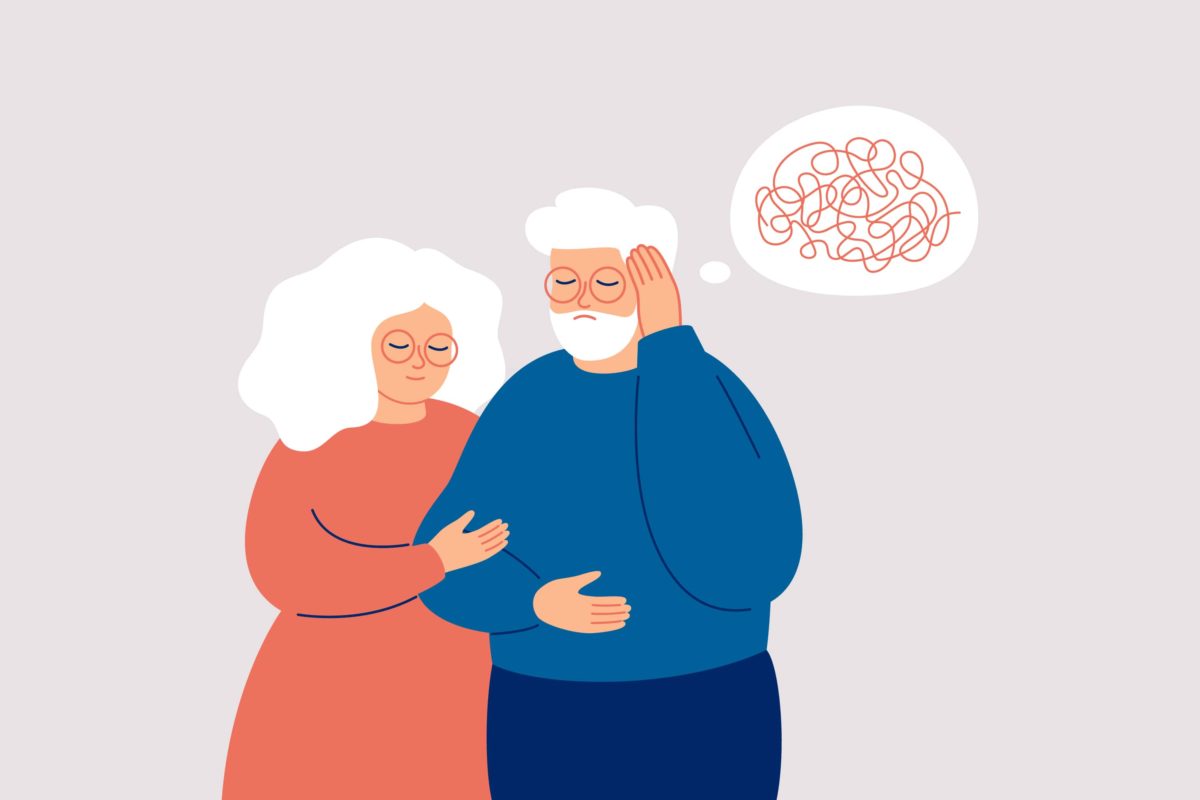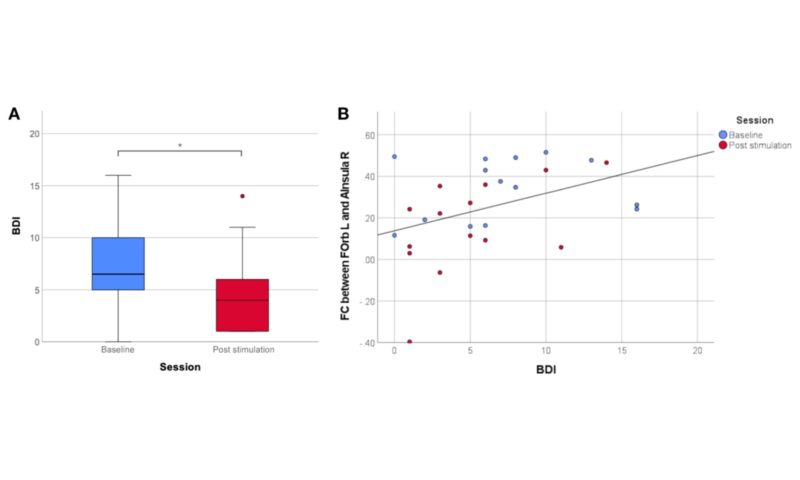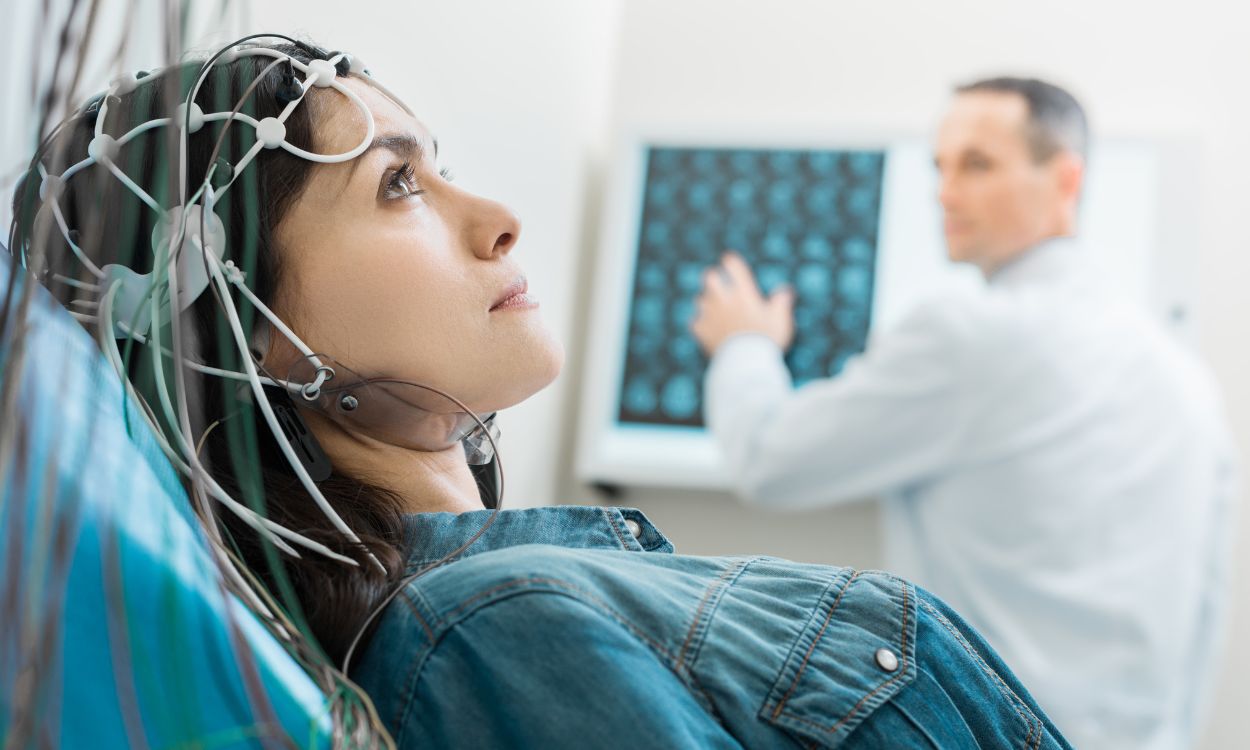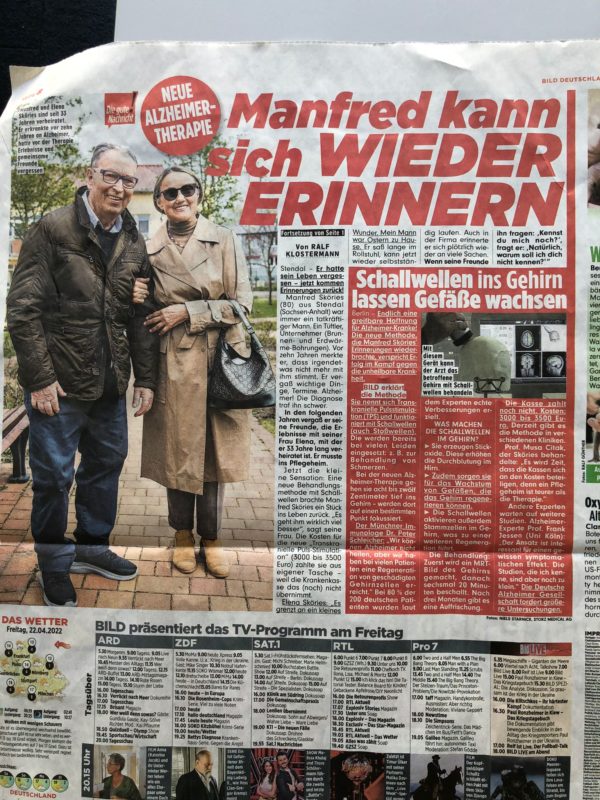TPS for Depression in Alzheimer's A new study published in February of this year has, for the first time, investigated the effects of transcranial pulse stimulation on symptoms of depression in patients with Alzheimer�s disease. Although issues regarding memory...
TPS for Depression in Alzheimer�s
A new study published in February of this year has, for the first time, investigated the effects of transcranial pulse stimulation on symptoms of depression in patients with Alzheimer�s disease.
Although issues regarding memory and cognitive function are most commonly associated with Alzheimer�s, family members of those with the condition often report comorbid symptoms of depression, mood swings and aggressive behavior are the hardest to deal with on a day-to-day basis.

Around 50% of people with dementia suffer from symptoms of depression including lasting sadness, sleep disorders, nervous restlessness, aggressiveness, frequent crying and reduced interest in the world around them. Symptoms of depression can often start before memory begins to noticeably decline, and when the individual is formally diagnosed with Alzheimer�s, many become further affected by their outlook from there.
Whereas multiple studies have shown TPS to be significantly effective in the improvement of memory and verbal communication, this randomized, sham-controlled and double-blind study published by the Medical University of Vienna has now also examined the effect of transcranial pulse stimulation (TPS) with regard to depression in Alzheimer�s patients.
The study involved treating 18 Alzheimer�s patients who had also been diagnosed with depression using TPS therapy. Depression symptoms were measured before and after the intervention with the Beck Depression Inventory (BDI), a widely used measure of depression. They also investigated functional connectivity changes using fMRI scans.
Patients received treatment for four weeks, with three TPS treatments per week.
On average, the BDI score was 7.36 at baseline and 5.00 in the post-stimulation session. Comparison between both sessions using the non-parametric Wilcoxon test revealed a significant improvement of depressive symptoms after TPS interventions. They also found that functional connectivity pathways associated with depression in the patients was disrupted by the treatments, providing a possible physiological explanation for the improvement in depression symptoms.

Depression reduction and functional connectivity correlation. A, Beck Depression Inventory (BDI) score before and after transcranial pulse stimulation (TPS). Depressive symptoms improved significantly (* P < .05) after the stimulation. B, Correlation between BDI-II depression score and region of interest (ROI)-to-ROI functional connectivity (FC) between left frontal orbital cortex (FOrb L) and right anterior insula (AInsula R). Data for the baseline are depicted in blue and for the post-stimulation sessions after the TPS interventions in red. The significant positive correlation (rho = .434, P = .021, N = 28) indicates that increased FC between these ROIs corresponds to more severe depressive symptoms
The improvement in depression symptoms alongside the improvements in memory and verbal communication, further supports use of TPS as an effective treatment for the symptoms of Alzheimer�s. If patients are already on medication for other symptoms (such as antipsychotics or memantine), or medication for most other conditions, they can continue to take them alongside treatment. A small group of anticoagulant medications are currently exclusion criteria for UK treatments, and you can find these in our eligibility section.
If you think that you or a loved one may be interested in this treatment, you can submit a form below with your information and a member of our patient coordination team will reach out to explain the treatment further and check your eligibility.







